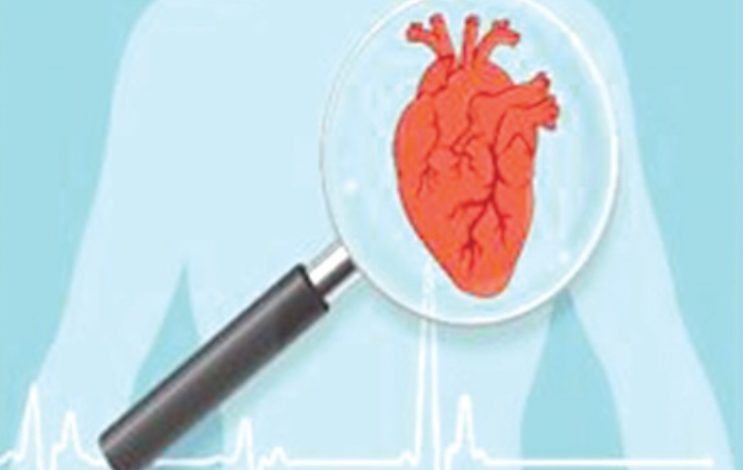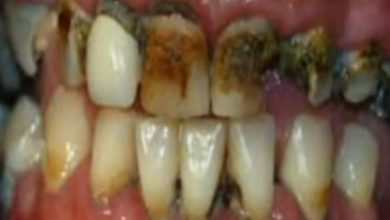
Sexual abstinence, defined as the voluntary avoidance of sexual activity, has been practised for centuries.
Recent research suggests a link between sexual abstinence and increased heart disease risk.
Sexual abstinence has been shown to increase blood pressure in both men and women (Brody, 2006; Liu et al., 2018).
A study published in the Journal of Hypertension found that sexual abstinence was associated with increased systolic blood pressure in men (Liu et al., 2018).
Healthy blood flow is maintained by vascular function, which is improved by sexual engagement (Meston et al., 2010).
Decreased vascular function may increase the risk of heart disease (Meston et al., 2010).
Sexual abstinence has been linked to changes in hormone levels, including decreased oxytocin and testosterone (Kosfeld et al., 2003; Müller et al., 2011).
These hormonal changes may contribute to increased stress and anxiety levels, further increasing heart disease risk.
Chronic inflammation is a known risk factor for heart disease (Libby et al., 2009). Sexual abstinence has been shown to increase inflammation in both men and women, potentially increasing heart disease risk (O’Connor et al., 2017).
A study published in the Journal of Sexual Medicine found that sexual abstinence was associated with increased symptoms of anxiety and depression in women (Li et al., 2019).
Decreased mental health outcomes, including depression and mood disorders could be associated with sexual abstinence, (Kessler et al., 2004; Müller et al., 2011).
Also, a study published in the Journal of Affective Disorders found that sexual abstinence was associated with increased symptoms of depression in men (Müller et al., 2011).
Individuals who practice sexual abstinence may use maladaptive coping mechanisms, such as substance abuse or avoidance, to manage stress and anxiety (Wills et al., 2016), which can further increase heart disease risk.
Several interventions and prevention strategies may be effective in mitigating the cardiovascular risks associated with sexual abstinence, including stress management, exercise and social support (Harris et al., 2006).























